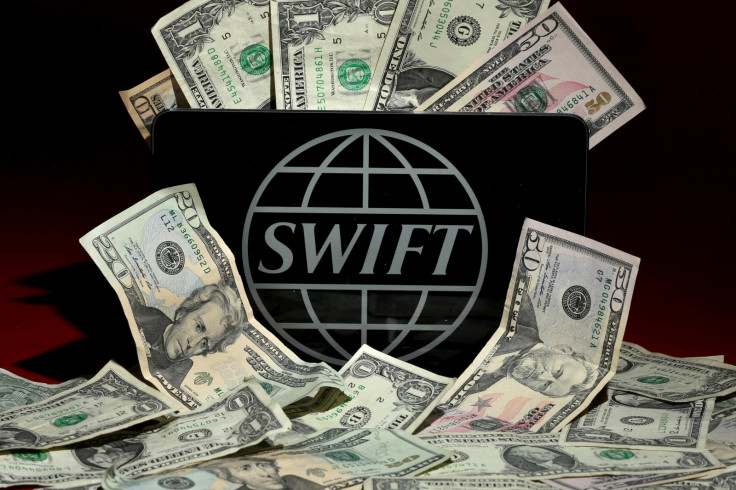Swift Business Forum: Open banking will break 'the last of the major verticals'
Panel comprised: Mike Laven of Currency Cloud, Richard Martin of Barclays, Damian Richardson of RBS, and Mark Buitenhek, ING.

Open banking can mean different things to different folks: a level playing field between banks and other players, unthinkable a few years ago; the rise of invisible payments merging into the realm of social media; a regulatory stricture; even a new economy.
Mike Laven, CEO, Currency Cloud, part of panel at this week's SWIFT Business Forum, put it in these terms: "Look at other intensely regulated industries; when you had a monopoly it got broken up. First utilities went and then phones went, and financial services are next. Banking is the last of the major verticals."
The panel also included Richard Martin, global head, product management, Barclays; Damian Richardson, head, innovation and strategic initiatives, RBS; and was chaired by Mark Buitenhek, global head, transaction service, ING Bank.
The bankers chewed on the idea that they will become solely the providers of transaction rails. It's clearly the case that big banks are expected to offer a full range of services, they said. If there happens to be opportunities that can be easily picked off by fintechs, then banks shouldn't just give those up, but rather must sharpen their product offerings. This is an exciting time for financial players, added Barclay and RBS, driven by game-changing innovations around APIs and blockchain.
Damian Richardson of RBS predicted the trajectory of bank APIs to follow the App Store: "Initially these were quite simple; now people really understand API development, which has led to many enhanced and new services".
Laven pointed to the need for the protection of one's identity in the world of open banking. "Just wait for the first court case," he said.
Richard Martin of Barclays highlighted the potential difficulty banks could face with checking in real time that payment initiators are the right people, and that the mutual customers have okayed it. The buck stops with the bank that has to refund the customer and then work backward; the FCA has released details on this process.
On that note, Martin added that Barclays had just caught its first attempted fraud with a biometric around the way a keyboard was used. "This was just the other day. The client had no idea it was happening. So these things are starting to work and PSD2 increases risks."
Mark Buitenhek mulled the competitive landscape ahead. He said there are basically three categories: banks, fintechs and GAFA (Google, Apple, Facebook, Amazon). "When it comes to fintechs only a few will survive. The larger tech giants are going to be the true winners of this game," he said.
This prompted a discussion about collaboration: what we now call collaboration used to be called sales; an investment in technology, noted Laven. But he said the real difference is who owns the customer. "That's the old model," he said. "Nobody owns the customer; the customer owns the customer."
As such banks will become the distributors of technology for a series of technology and services providers that will come down these channels. Laven also pointed out that there are probably more challenger banks now than UK users will ever need and so the traditional channels of distributing fintech will likely prevail.
Martin said data analytics will open up hitherto unthought of areas for banks. He said the rich flows of information at the disposal of banks can be analysed by new entrants that specialise in data science to yield exciting possibilities. Barclays, he said, has recently been using some data analytics to help a property company pinpoint the best location for a shopping mall by crunching of lots payment data, demographics and the like.
Laven agreed there was lots of untold value to be had, but again cautioned on the privacy front. "There's a privacy issue as my data becomes your product. Do you want to be the product? I think fintech can be intrusive here."
Finally, Buitenhek asked the panel if there was one thing they could change about PSD2, what would that be?
"Removing ambiguity; adding some clarity; making clearer what is the end intension," said Martin.
"Better timing," said RBS's Richardson. "If we had the RTS [regulatory technical standards] and they kicked in at the same time as the regs."
"Start tomorrow," agreed Laven.
© Copyright IBTimes 2025. All rights reserved.






















